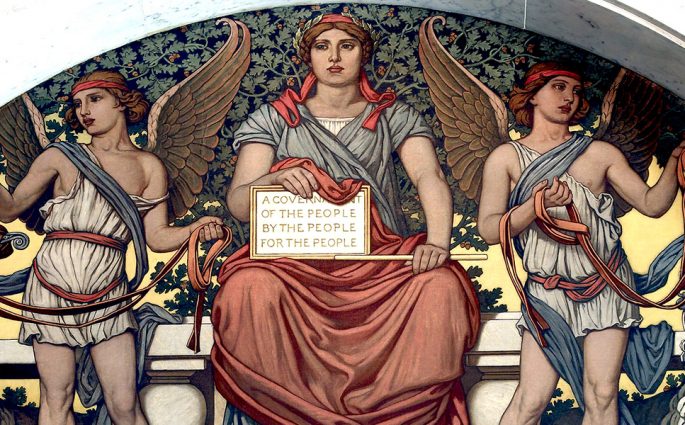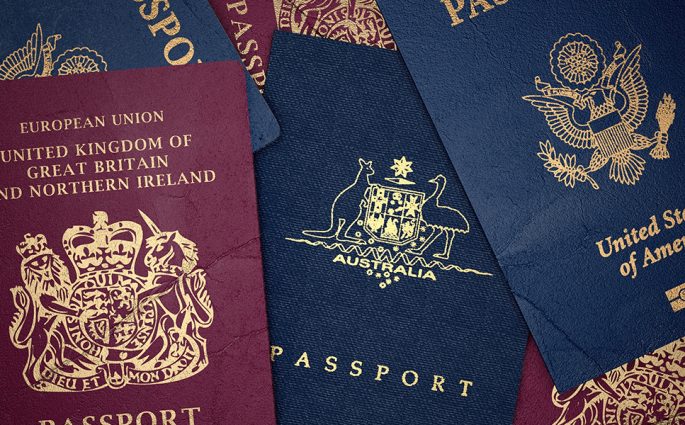The Value of Data in Governance
Jennifer Bachner— Data have been collected and analyzed for millennia, but never before have these processes been so ubiquitous. Data journalism, with its focus on eye-catching visualizations and infographics, is transforming an industry from mere collection of information to effective presentation. Businesses rigorously analyze consumers’ browsing and purchasing histories to










